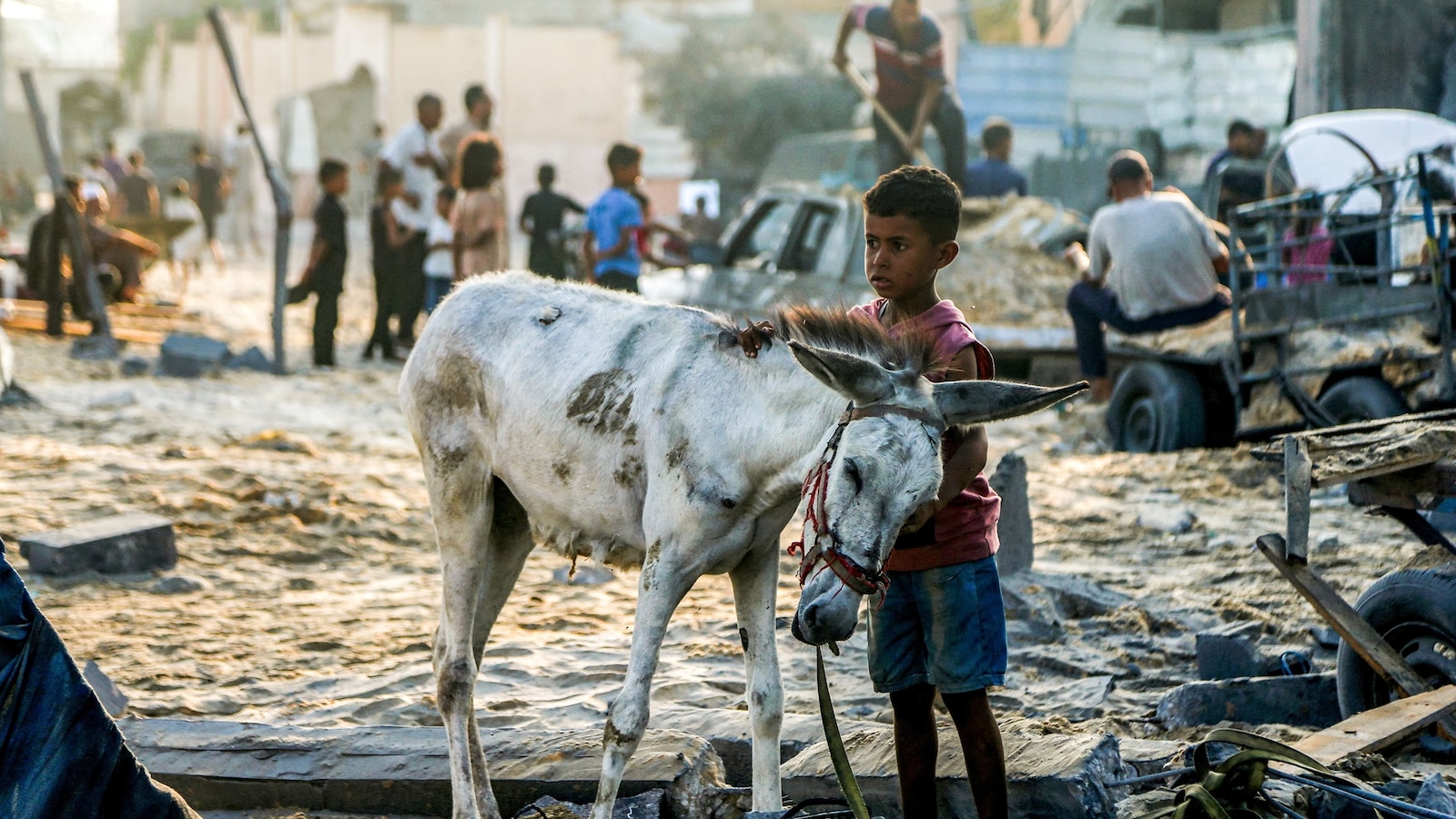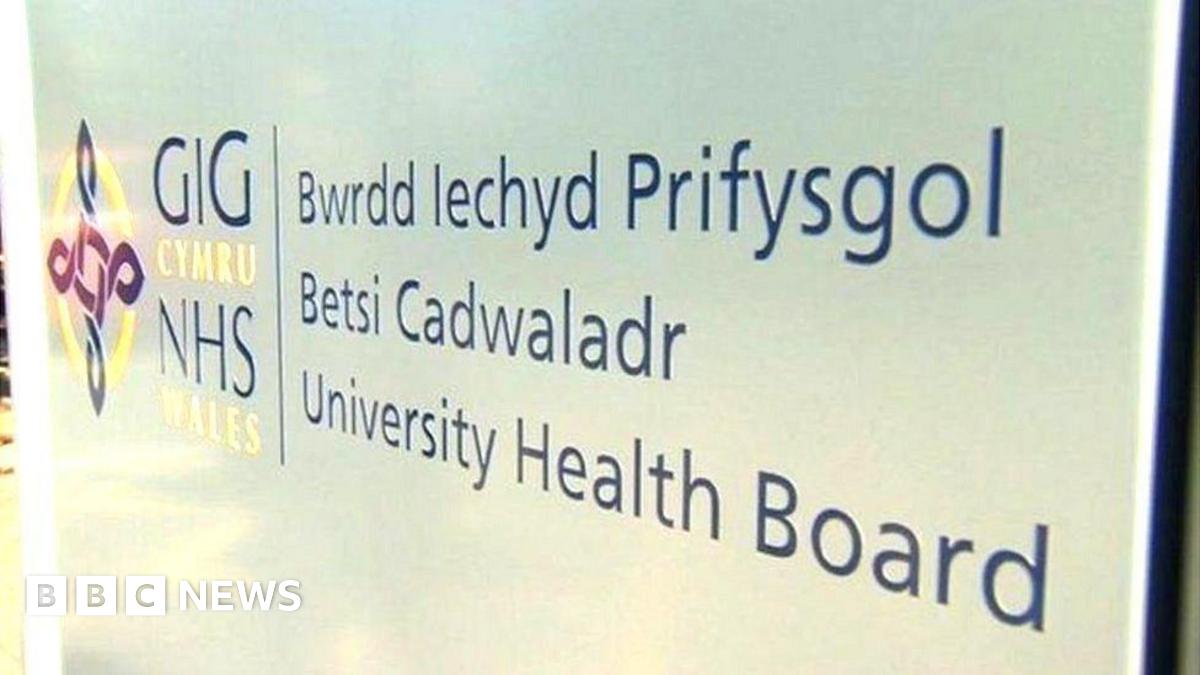Gaza Crisis Deepens: Malnutrition Deaths Surge to 14 in 24 Hours, Health Ministry Reports

Alarming reports emerged from the Gaza Strip on Monday as the Hamas-run Ministry of Health confirmed the deaths of 14 more individuals due to malnutrition within the past 24 hours. This tragic surge underscores the rapidly deteriorating humanitarian situation in the besieged territory, where access to food and essential supplies remains severely restricted.
The escalating death toll paints a grim picture of the suffering endured by the civilian population. The Ministry's statement highlighted the devastating impact of prolonged conflict and the ongoing blockade, which has crippled the region's economy and drastically limited the availability of nutritious food.
A Dire Situation: The Roots of the Crisis
The current crisis is a complex culmination of factors. The ongoing conflict has disrupted supply chains, damaged infrastructure, and displaced countless families, leaving many without access to basic necessities. The blockade, imposed years ago, has severely restricted the import of goods, including food, medicine, and fuel. This has created a chronic shortage of essential items and driven up prices, making it increasingly difficult for ordinary Gazans to afford even the most basic meals.
International aid organizations have repeatedly warned about the imminent risk of widespread famine in Gaza. Despite efforts to deliver humanitarian assistance, the sheer scale of the need and the logistical challenges of operating in a conflict zone have hampered relief efforts. Restrictions on aid delivery, bureaucratic hurdles, and security concerns further complicate the situation.
The Human Cost: Who is Most Vulnerable?
Children and the elderly are particularly vulnerable to the effects of malnutrition. Malnutrition weakens the immune system, making individuals more susceptible to disease and increasing the risk of mortality. For children, malnutrition can have long-term consequences, stunting growth, impairing cognitive development, and hindering their future potential.
The Ministry of Health is struggling to cope with the increasing number of patients suffering from malnutrition-related illnesses. Hospitals and clinics are overwhelmed, and medical supplies are dwindling. The lack of clean water and sanitation further exacerbates the situation, increasing the risk of infectious diseases.
International Response and Calls for Action
The latest report of rising deaths has prompted renewed calls for an immediate ceasefire and increased humanitarian access to Gaza. International organizations and governments are urging all parties to the conflict to prioritize the protection of civilians and ensure the unimpeded flow of aid. Efforts are underway to negotiate a truce and facilitate the delivery of essential supplies, but progress remains slow.
The situation in Gaza demands urgent and concerted action. Failure to address the root causes of the crisis and provide adequate humanitarian assistance will only lead to further suffering and loss of life. The world must not turn a blind eye to the plight of the people of Gaza.
Looking Ahead: Challenges and Uncertainties
Even if a ceasefire is achieved, the challenges facing Gaza will remain significant. Rebuilding infrastructure, restoring the economy, and addressing the underlying causes of the conflict will require a long-term commitment from the international community. Sustainable solutions are needed to ensure the long-term food security and well-being of the Gazan population.





